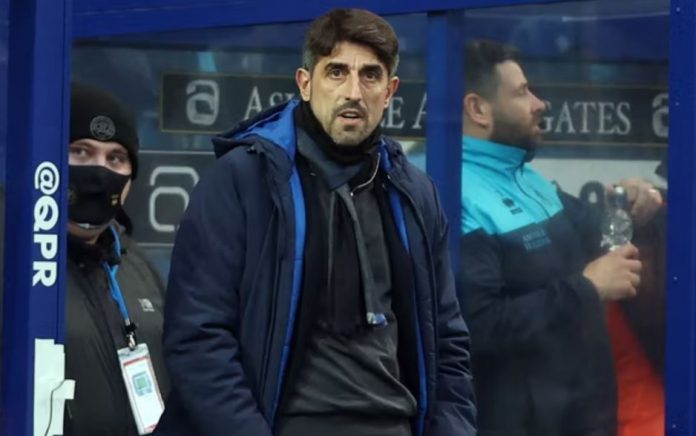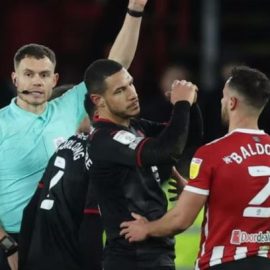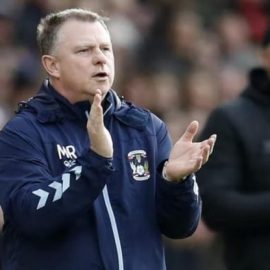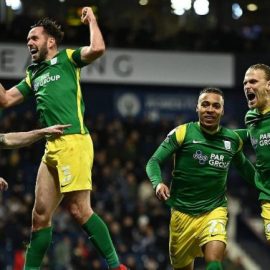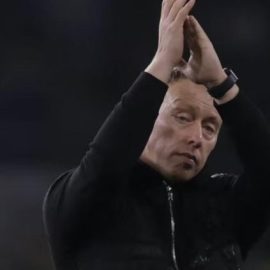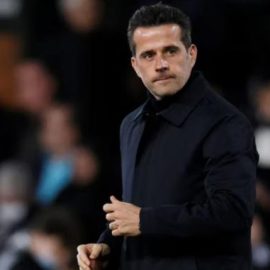Newcastle United are a fascinating subject – and thankfully for the club, out of the limelight as they’ve confidently racked up seven straight wins in the Championship and top the table. And all of this has happened without Kevin Keegan or Alan Shearer, and despite Mike Ashley.
In fact the only time these days that you do hear about Newcastle is when their most famous fan quits blogging, or when the owner fails in another attempt to sell the club.
So what has changed? Not much, apparently. In fact, it seems that by NOT forcing players to change and allowing them the room to determine their own destinies, Chris Hughton has managed to turn Newcastle into a winning unit.
The gulf between the Premier League and the Championship is vast enough to be realistic about Newcastle’s achievements in the league so far. But for a team that refused to play as a team all of last season, and for a team that was beset with internal strife for…all of last season, and for a club that has been through so much bullshit off the pitch, their performances are a significant achievement. Leeds and Charlton, when faced with similar circumstances, fared far worse.
So how has Hughton done it?
Louise Taylor from the Guardian describes it as democracy:
“Accepting that he possesses neither the necessary persona nor the requisite financial clout to rule by fear, the former Spurs and Republic of Ireland right-back has consequently deconstructed the concept of player power being a “bad thing” by actively encouraging dressing-room democracy. Considerable power is devolved to Newcastle’s players’ committee. A body routinely consulted by Hughton comprises Steve Harper, Geremi, Kevin Nolan and Smith.”
Hughton: “Certainly the senior players are very much to the fore, we’ve got a few leaders,”
His former Spurs team-mate Peter Taylor: “Chrissy’s clearly given his senior men responsibility, got them fully onside and everyone is working together to get Newcastle promoted. It’s been a clever move but Chrissy’s very charming, very diplomatic.”
Shola Ameobi: “All the lads like and respect Chris, his coaching is excellent. I’ve been surprised at some people’s response to Chris, people I imagined would react differently have responded very well to him.”
Be nice, play the assistant manager and let the players do most of the decision-making themselves? It’s not as simple as that, and it’s not as easy as it sounds either. Hughton knows that he needs the team to be successful and he needs his system to work before he can leverage that success to exert his authority, and as a result he’s focused on the best possible way on getting the team to play as a winning unit.
That’s a marked difference from Keegan and Shearer, who both imposed their own ideas on the squad and expected the players to fall in line. The shock of going from manager to manager – Allardyce, Keegan and Shearer – unsettled players and when you have big-ego players like Smith and Nolan at under-performing clubs, its difficult to kick them around and expect them to fall in line. You’re not Alex Ferguson, and it shows in the players’ responses.
Now that Hughton has made his system work, he’s also used it to impose discipline – punishing Barton and Carroll this season has not been met with opposition or dissent in the ranks, and that’s how it should be.
There’s a lesson in this for managers – especially new ones who think that because they’ve played at the very top level they can boss around players and get them to fall in line.
Sometimes for the good of the team you have to give your senior players more authority so that they themselves can do what is right for the club. Even Alex Ferguson does this with Neville, Giggs and Scholes. Not every player or set of players can be moulded the way you want them to be – managers from Scolari to Keane to Shearer have found out, to their detriment.
Add Sportslens to your Google News Feed!
